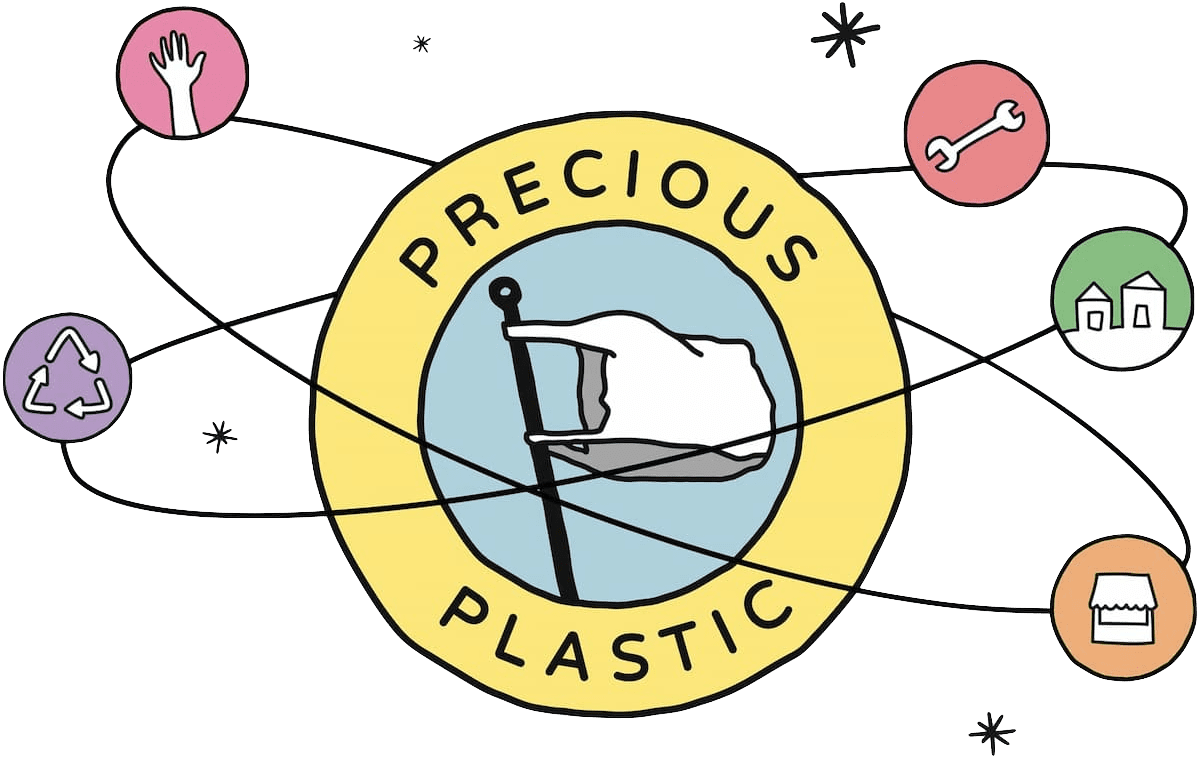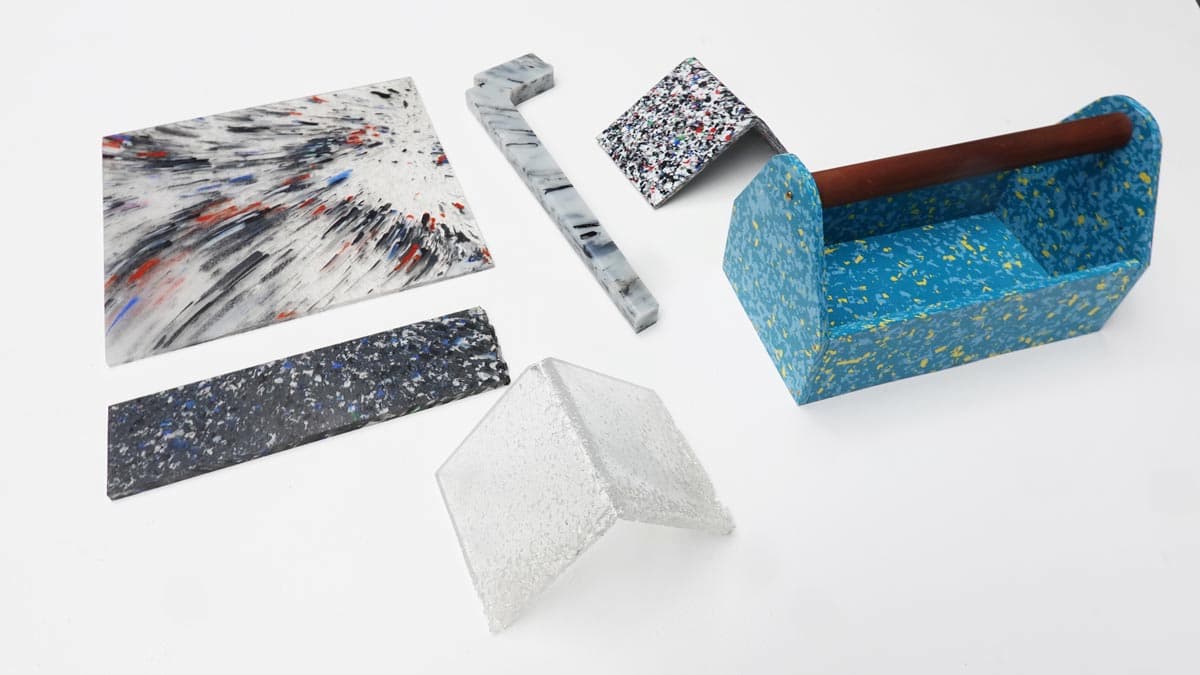The same people behind Project Kamp also run a project called Precious Plastic which is an open source plastic recycling platform. As most are well aware, plastic is a major problem polluting our land, our beaches, our rivers, our oceans, and our balls. While Ocean Cleanup is progressing nicely, only 10% of the world’s plastic is recycled. That’s appallingly low for something we know is a huge issue. That’s the problem Precious Plastic is trying to solve.

How does Precious Plastic work? Like Project Kamp, they make open source research modules available to help you start a business recycling plastic. They offer guides on building your own machines , creating objects, running a business, and operating a space. There’s even a small marketplace where you can buy injection molds and a library of products for inspiration. It’s almost like a startup in a box but instead of burning GPUs in Iowa to fancy-autocomplete some text, you’re melting garbage into table tops, cups, bowls, phone cases, and other knickknacks. Or you can specialize in making the raw materials (plastic chips, slabs, etc) that others can use to make their dream products. Nice.

The coolest part about Precious Plastic is that it’s a distributed open model that empowers local communities to solve their own plastic problems. My favorite example of this model is this young woman in Indonesia who recycled over 70 tons of plastic in two years while making $200k/yr.
Inspiring. Anyways, setting up a Precious Plastic facility like this is on my tech-exit vision board short list.